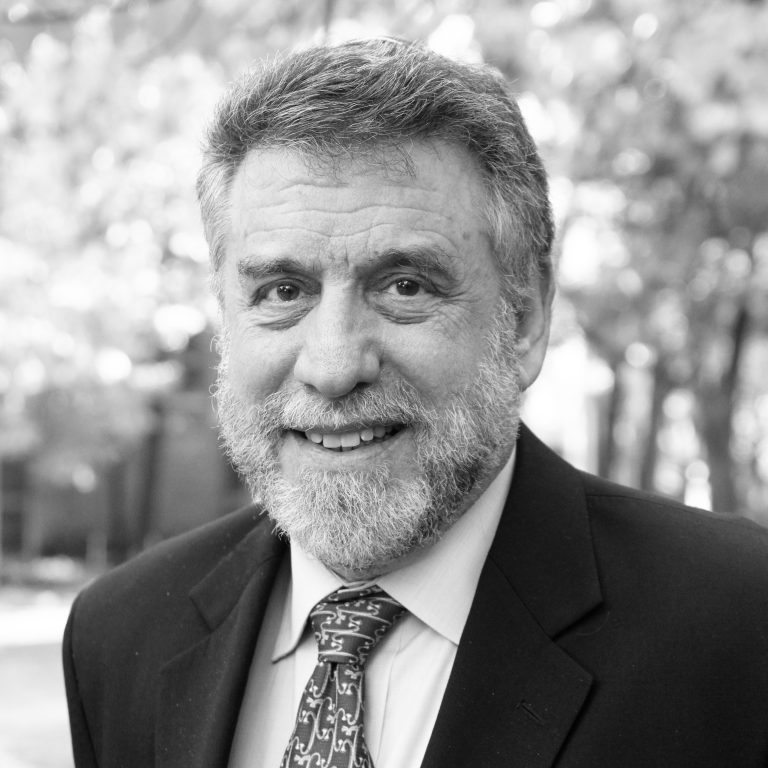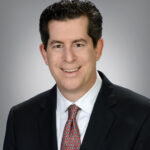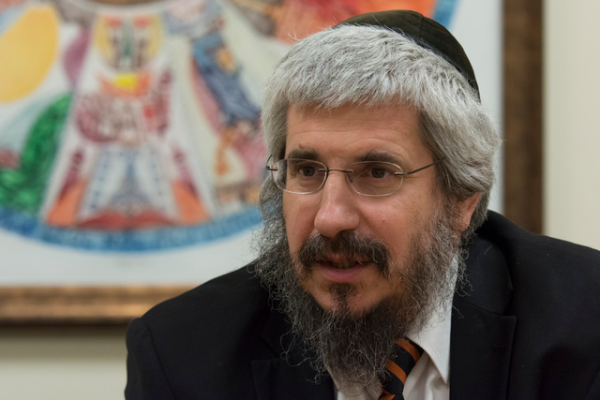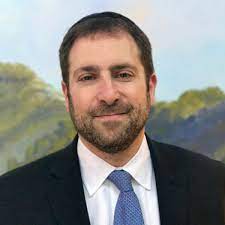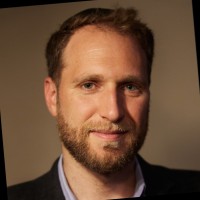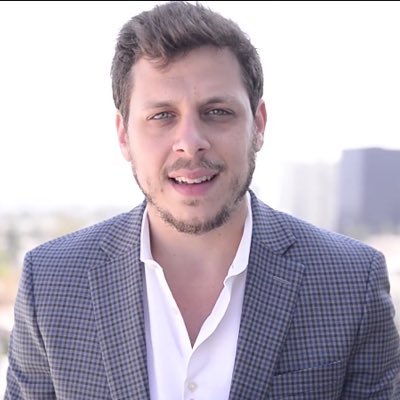
-
Debbie Israel
Who’s in PROFILES? Directory of independent people that do not belong to our organization but may be available to attend your event.
BUILD YOUR EVENT Invite rabbis, speakers, entertainers, and staff to your event with just a click. Compensation is negotiated between the parties.
BOOK TO PERFORM
If you want to book a user for your event, please login first!
INVITE TO ATTEND
If you want to send invitations for your event, please login first!
Profiles / Rabbis & Rebbetzans / Debbie Israel
The story of how student rabbi Debbie Israel wound up as the new spiritual leader of Congregation Emeth, South Countys only Jewish group, is one she attributes to amazing coincidences. Two years ago, from her hometown of Houston, Texas, she began flying weekly to Los Angeles to study at the Academy for Jewish Religion. There she met Paula Marcus, assistant rabbi at Temple Beth El in Aptos, not far from the home of Israels daughter, son-in-law and grandchildren in Santa Cruz. Knowing her colleague wanted to find a congregation to serve, and relocate closer to her family, Marcus told Israel of an opening at Emeth. Its such a blessing that an opening would happen here where my family is at this stage in my life, says Israel, who takes the pulpit for her first time Friday. Emeth is a small-but-growing Jewish community of about 60 families living in the Morgan Hill-Gilroy area. Of those, roughly half live in Morgan Hill, says the congregations past president Michael Oshan. The rest, he says, live in Gilroy and Hollister. The group is currently without a synagogue, but has plans to build a temple on Vineyard Boulevard in Morgan Hill. They have a permit from the city, but are still raising funds and ironing out details with a developer. Meanwhile, the group continues to hold services at Carden Academy, a Morgan Hill private school. For Israel, its her first job providing rabbinic services, and shell be helping the congregation position itself for more growth as the Bay Areas population continues to soar, spilling into bedroom communities from Danville to Gilroy, bringing more Jews to areas not traditionally known for religious diversity. Its a situation Israel knows well. She grew up in a relatively small, tight-knit Orthodox community in Houston, a city whose Jewish population wasnt always so noticeable, but today is recognized as one of the nations fastest growing, numbering about 50,000. There are certainly unique aspects to this that are a tremendous positive challenge, she says of her one-year commitment to Emeth, which over the years has attracted families whose roots are often in other cities. One of the things about Emeth is that its an extraordinarily warm, welcoming community. In the presence of their members one feels theyre in the midst of family. So, I think as this community grows, and people will be further away from their hometowns and their families, this will provide an extended family for them. Thats one of things Im committed to making sure that theyre comfortable, that they do feel at home in the Jewish community here. Founded some 30 years ago, the congregation practices Reform Judaism, meaning its members dont necessarily observe all the tenets of Orthodox Judaism. Israel says her training at the Academy for Jewish Religion where shes on a five-year track to being ordained as a rabbi is geared toward meeting the needs of those from both traditional and liberal backgrounds. Its an asset in places such as South County, she says, where there arent too many resources for the Jewish community as a whole. Were being trained to reach out to Jews wherever theyre at on their spiritual path, she explains. The biggest issue particular to South County Jews, Oshan says, is lack of a critical mass of Jewish members in the community. For the most part, the Jewish population here is well assimilated into the general population and many have yet to recognize the value in becoming affiliated with our group, he says. Our group is very inclusive and works toward making all types of Jewish people feel comfortable. He says the group is working toward an expansion of the Jewish community to include cultural or secular Jews, not just those that are looking for spiritual guidance or a religious experience. The issues surrounding the Middle East today, Oshan says, demonstrate the strong need to maintain a Jewish identity. Morgan Hill resident Marilyn Freund, who co-chairs the congregations womens group Emeth Sisterhood, says embracing diversity and interfaith marriages are important aspects of the congregation. Were a small but active group, Freund adds, and we want to grow very much. While many see Morgan Hill and Gilroy as bedroom communities, with a number of residents commuting daily to Silicon Valley jobs, Israel says the potential for religious and spiritual growth remains high at the local level. I dont think the bedroom community, or the rural community, is really the important aspect, because I think that whether youre in a large community, an urban city or a small area like this, I think peoples spiritual needs are the same, she says. To feel like theyre touched by religion, touched by the community, and in a relationship with God those are the same things no matter where people live. The congregation hopes to eventually provide a center for Jewish life in South County with its new temple. I dont know that were lacking cohesiveness, Israel says, but there is something to be said for having a physical structure that a person can go to at any time, can knock on the door and know there is someone in the building that can help them with their needs, whatever that may be. Asked how she might harness the regions love of technology to help the congregation grow, Israel says there are definitely educational opportunities online she hopes to offer congregates. For instance, she recently downloaded a transliterated Hebrew service. On the other hand, while shes heard of some congregations in large cities offering their services online, she says she primarily views the nature of her job as reaching individuals personally. In Judaism, she notes, there are many prayers that can only be said in the presence of 10 adults. Its a religion thats based on community. While there are educational opportunities on the Internet, the essence of the religion takes place one-on-one, and thats really where I will be putting my energy. For the time being, shell need to summon her faith on the drive to work from Capitola. The Santa Cruz Mountains can be a daunting obstacle. I come from Houston where everything is flat, she laughs. These mountainous passages are a challenge for me. But I noticed today when I came over Hecker Pass, it was not a big deal.
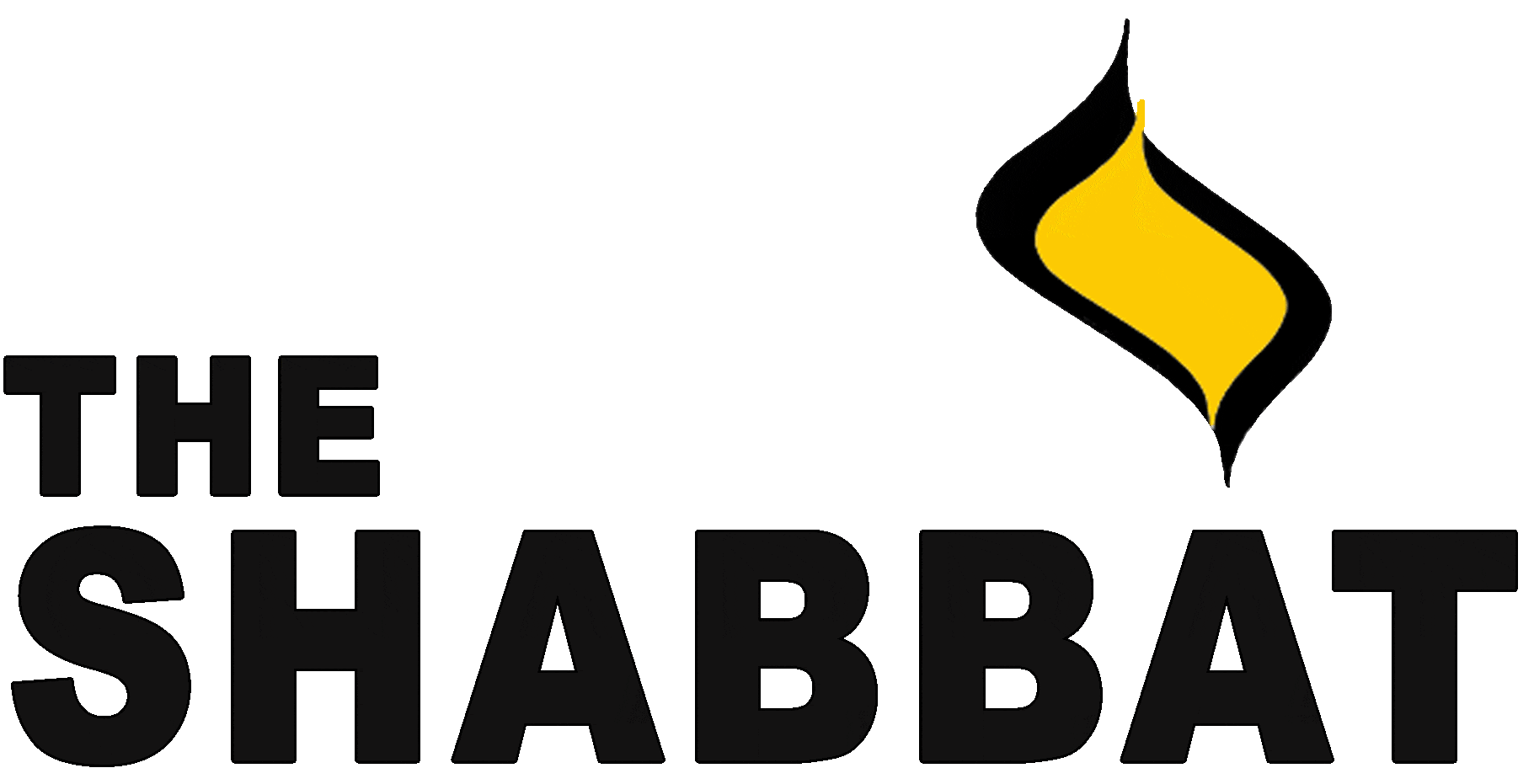
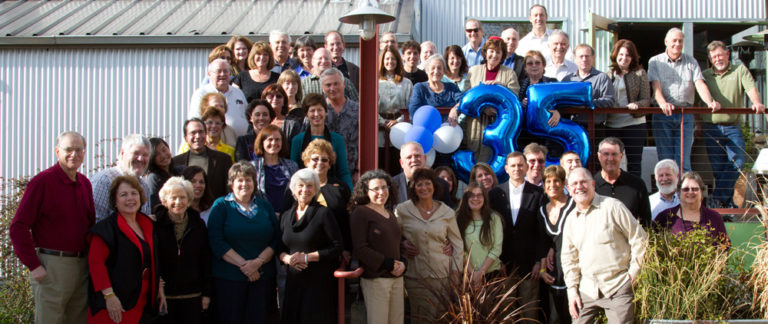
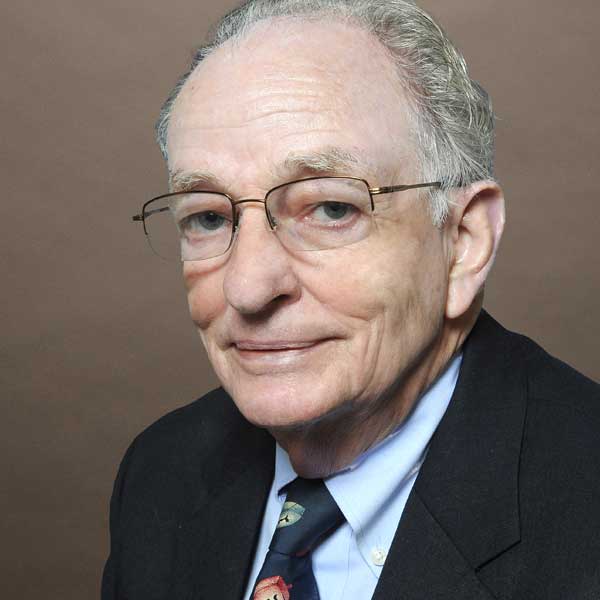
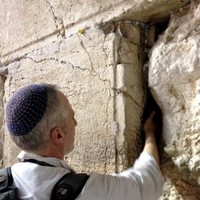
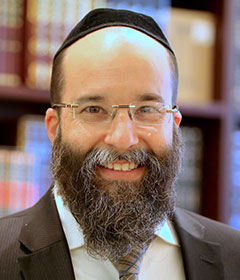
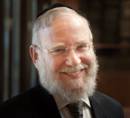
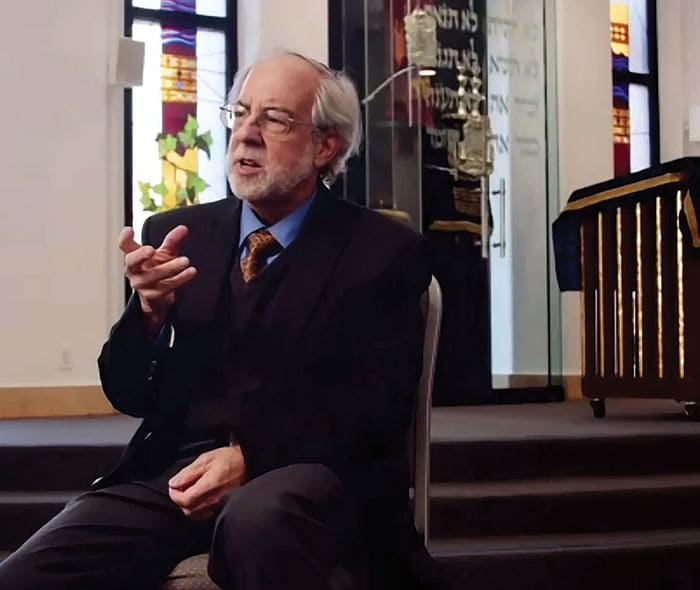
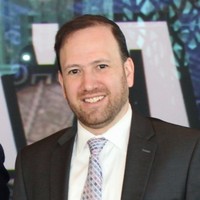
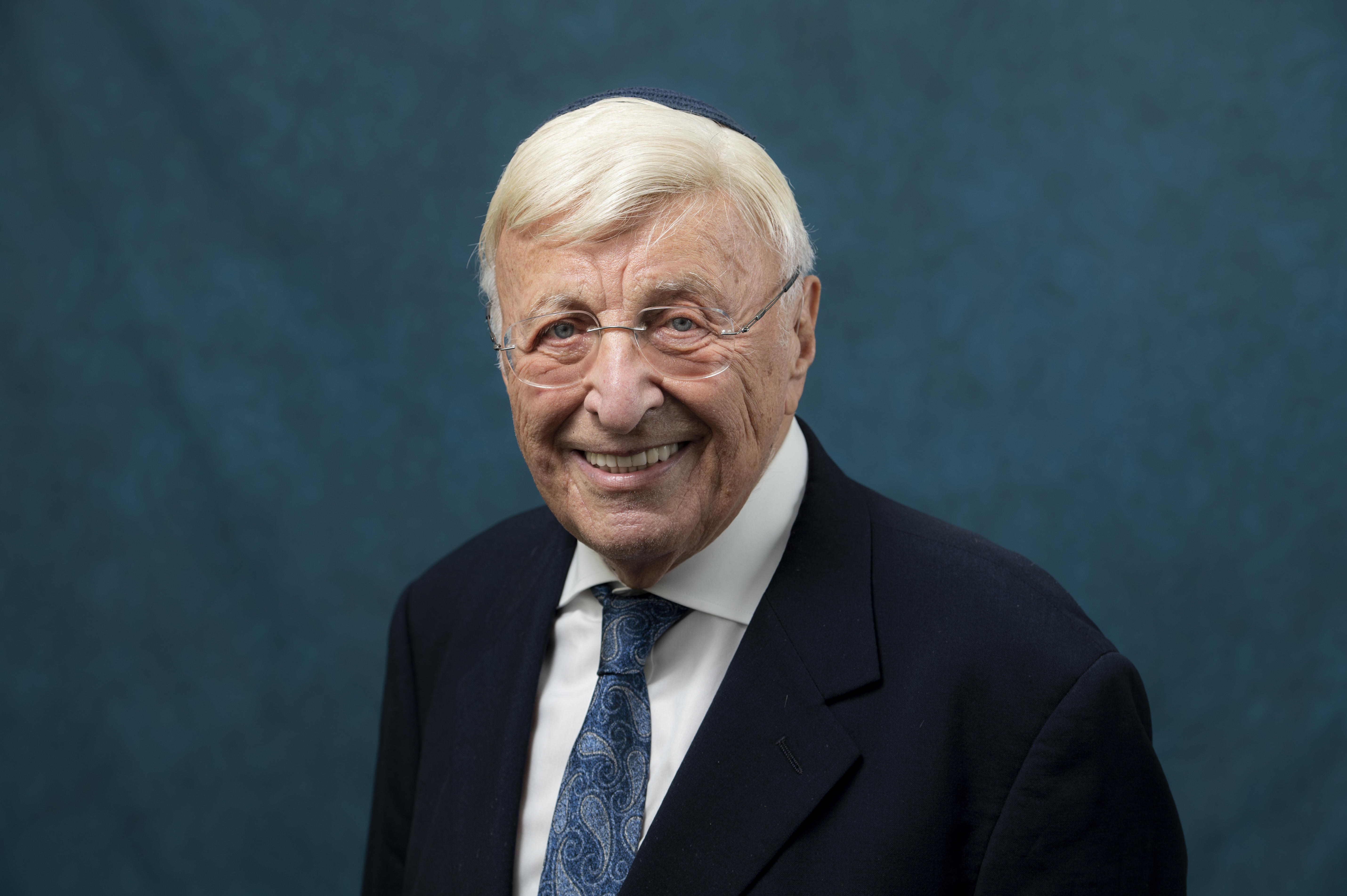
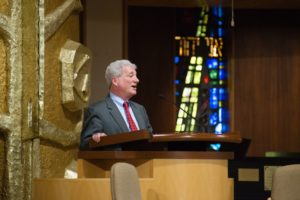
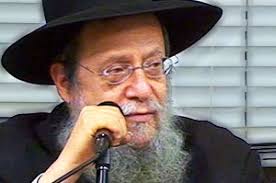
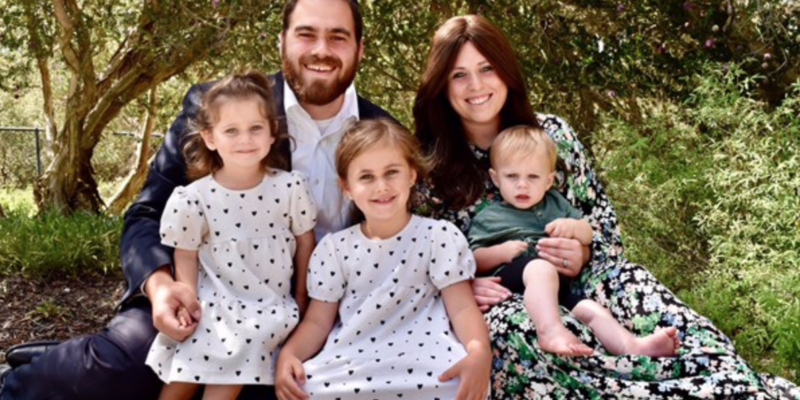

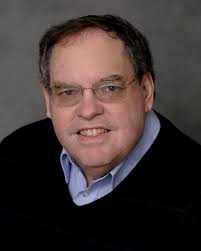
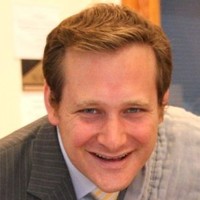
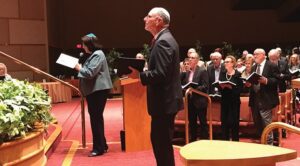
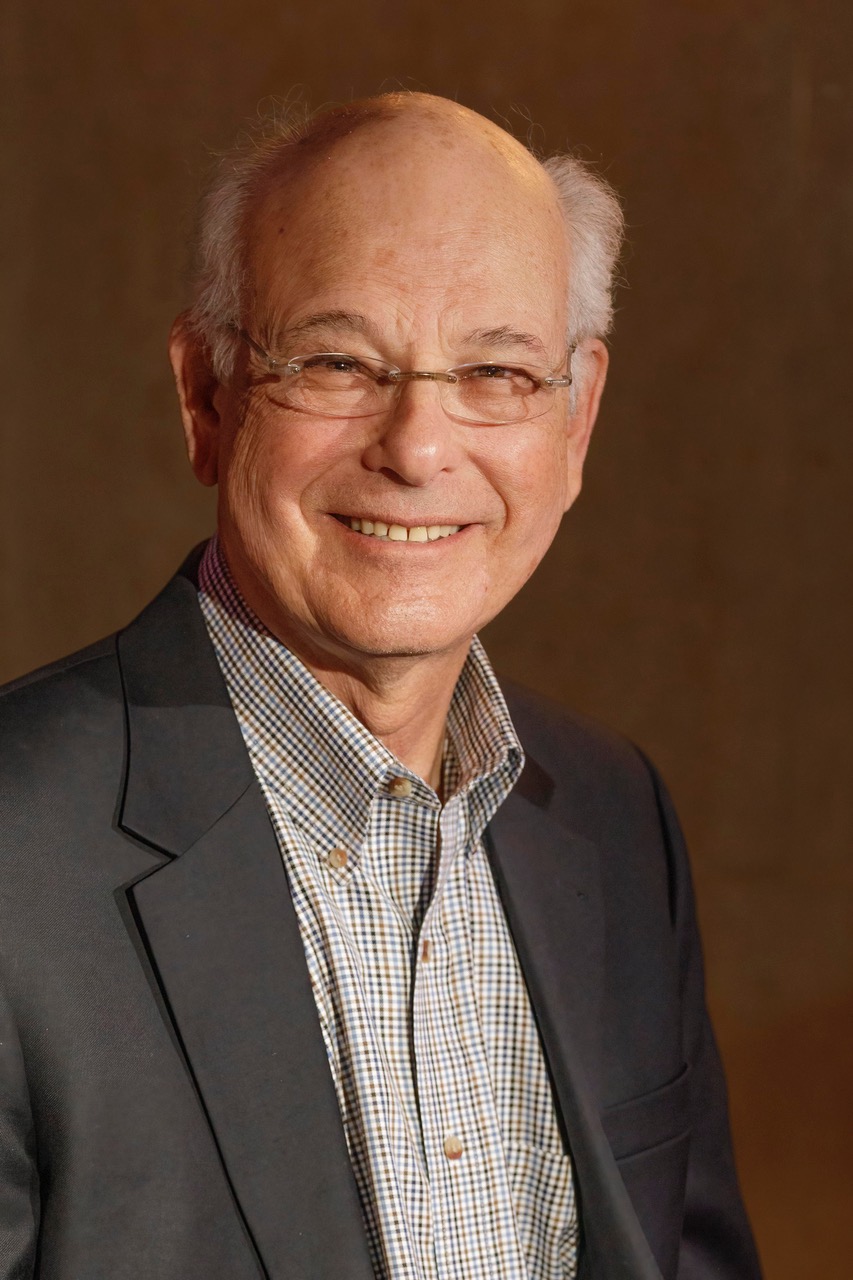
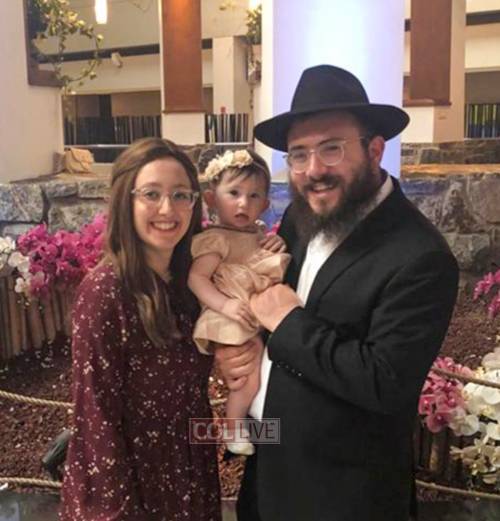
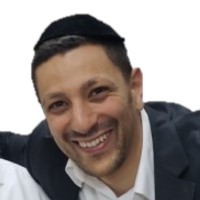
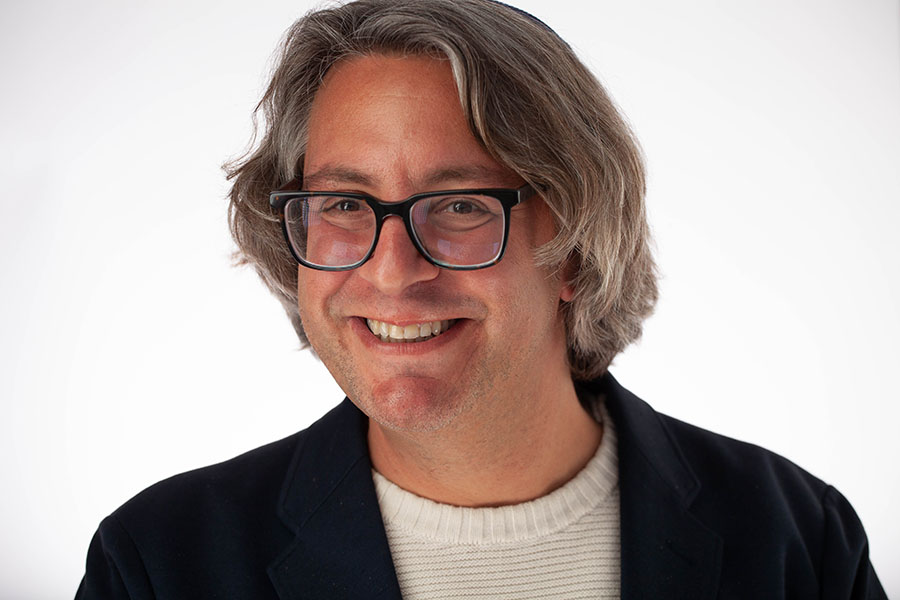
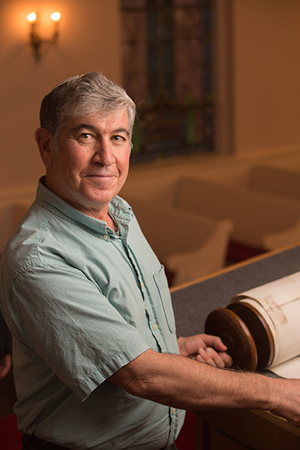
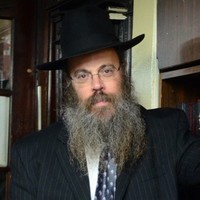
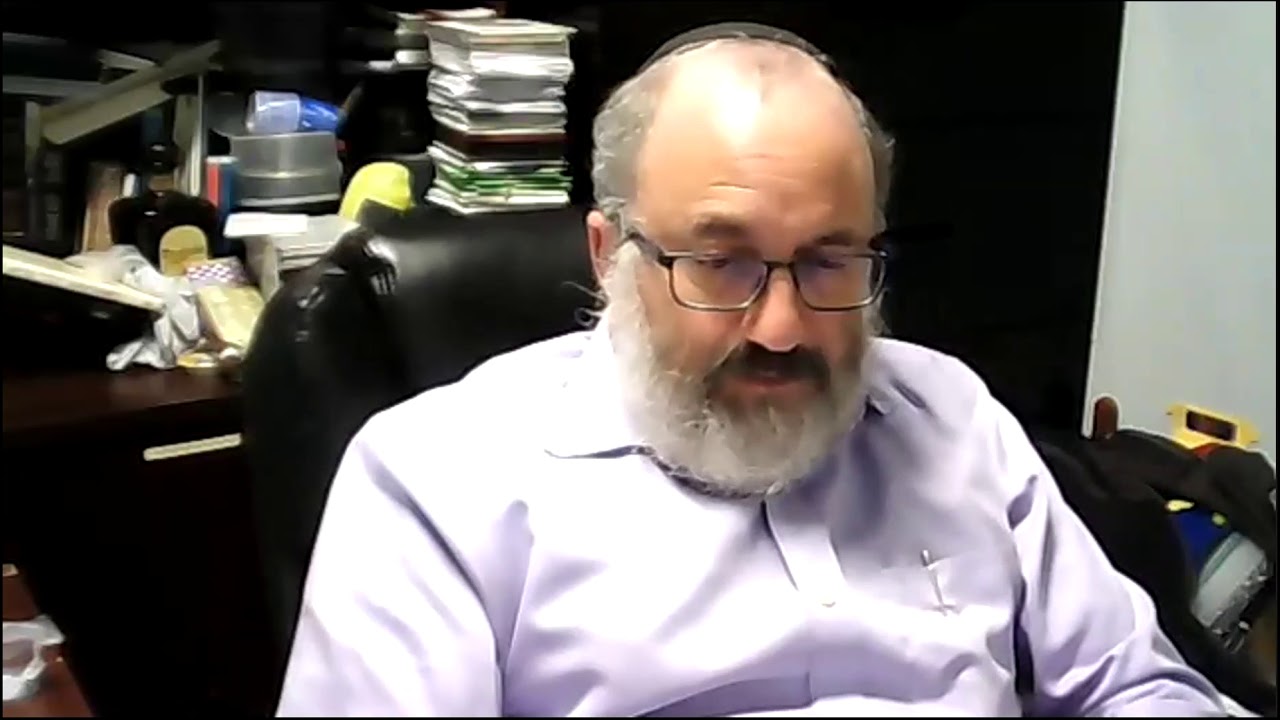
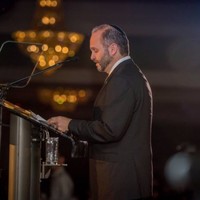
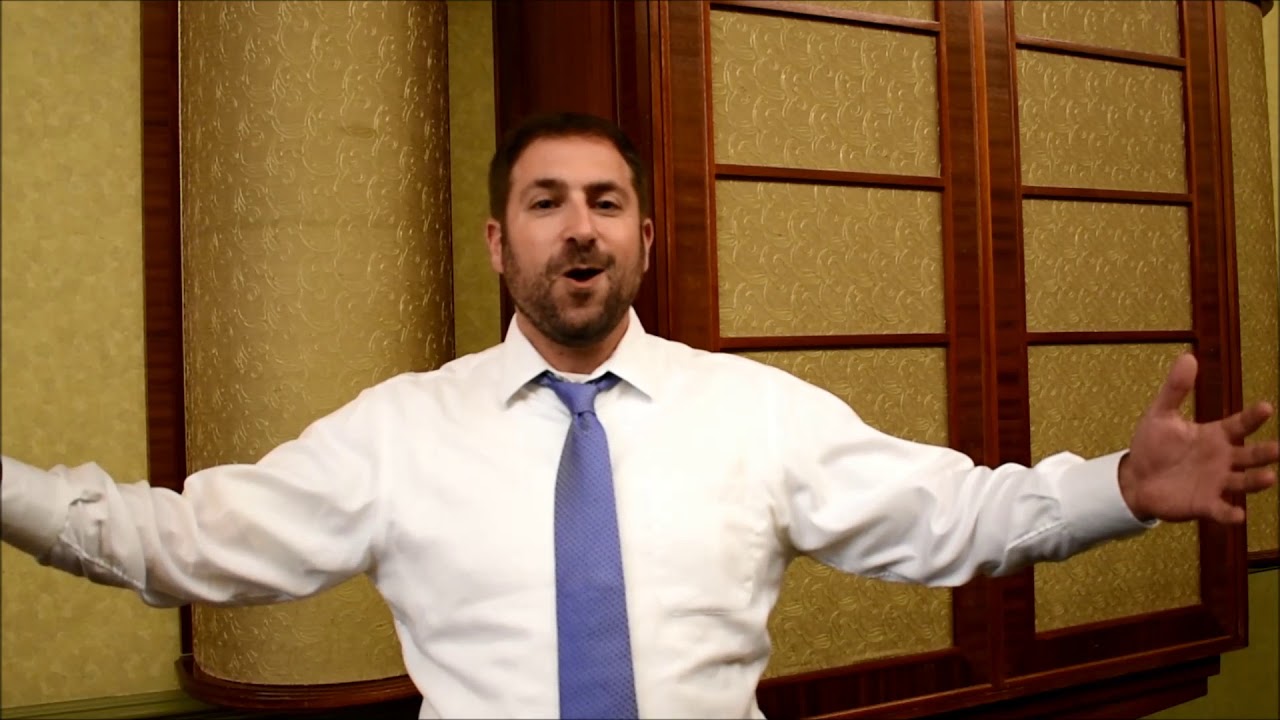
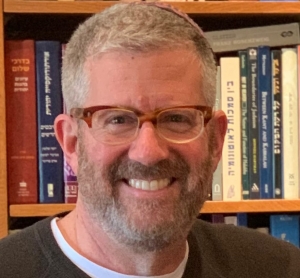
.jpg)
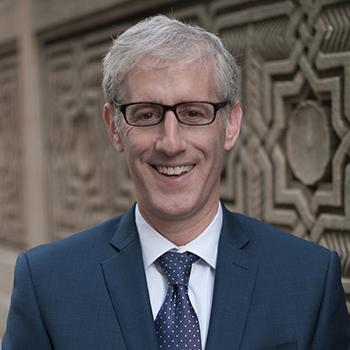
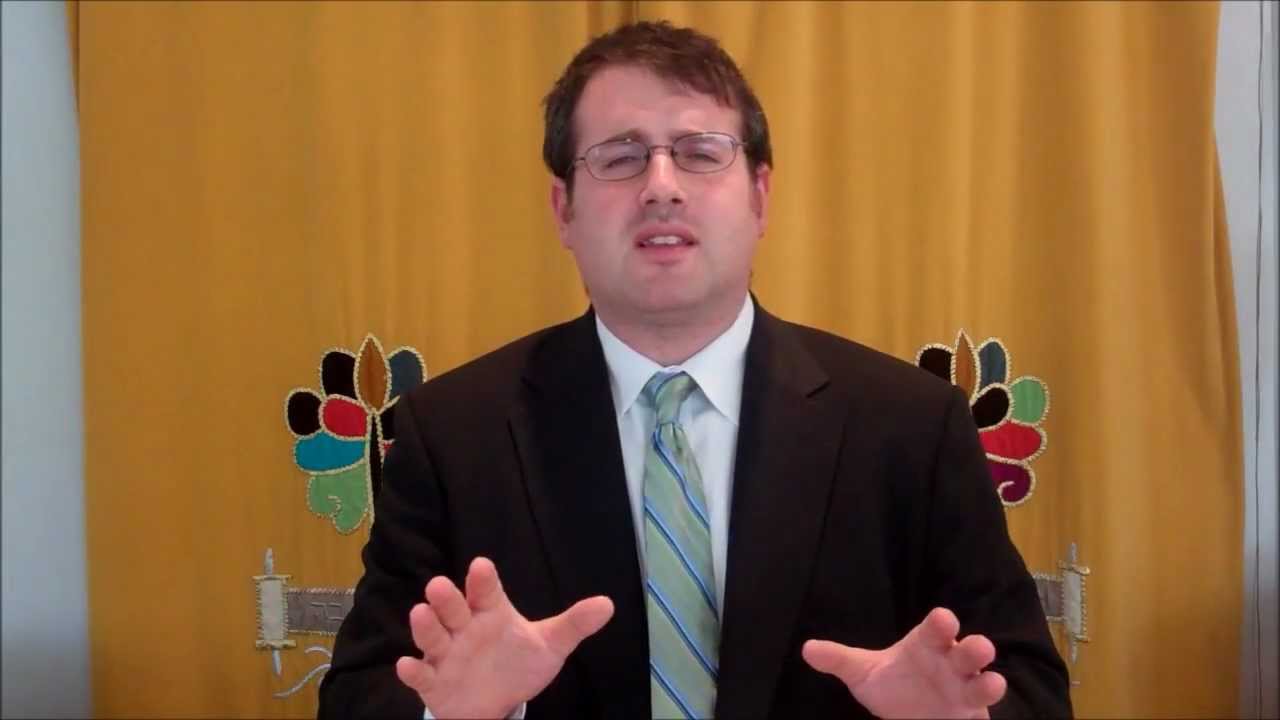
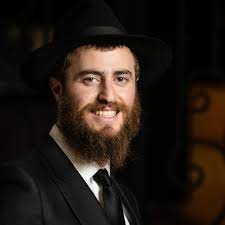
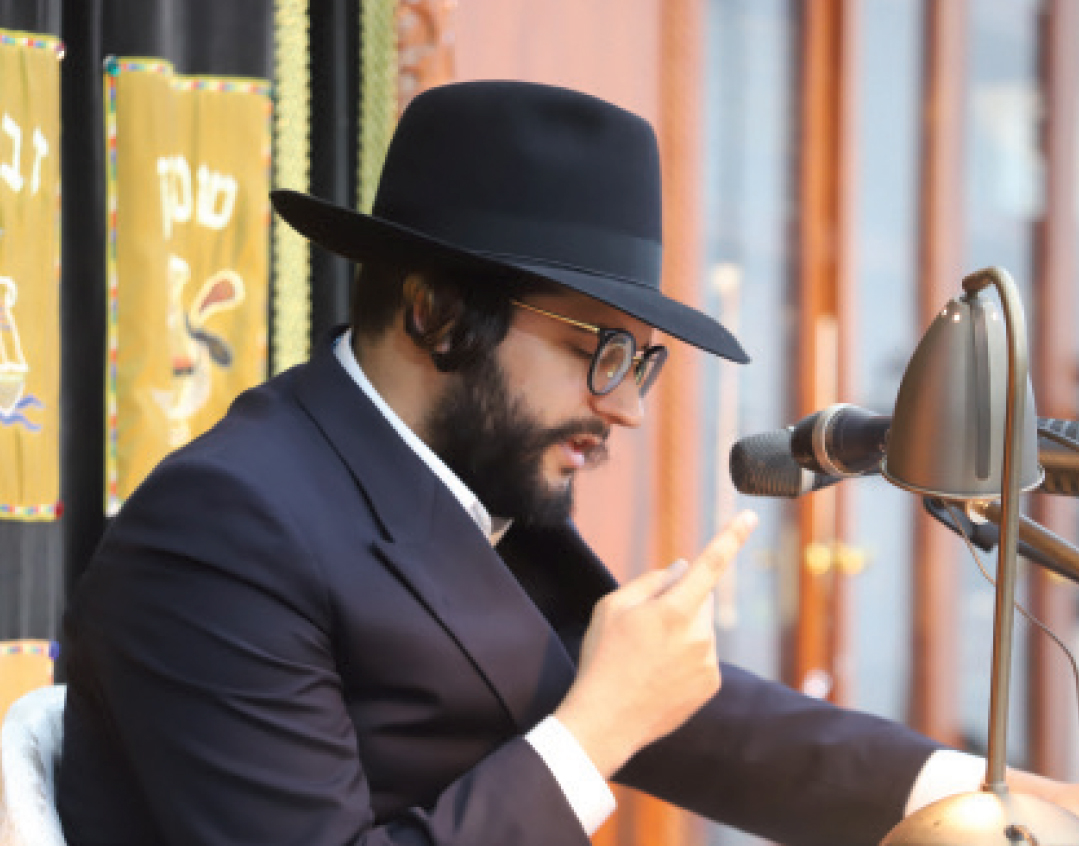
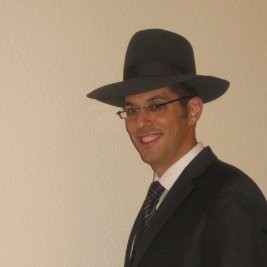
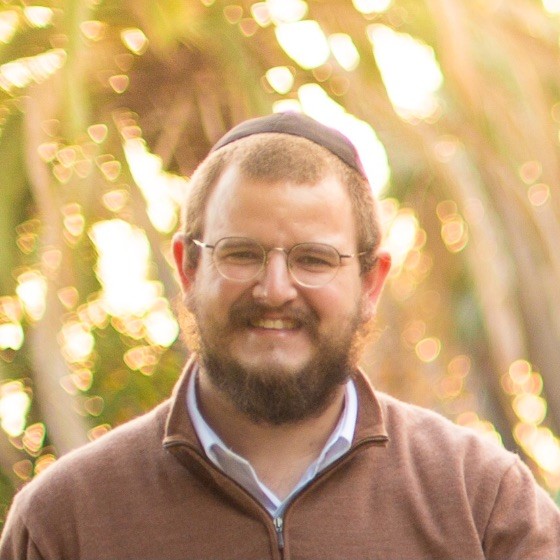
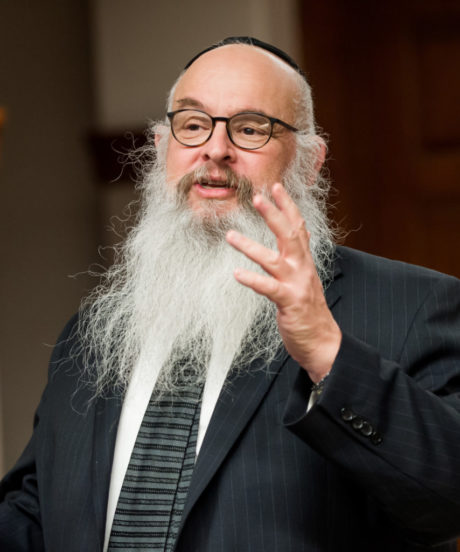
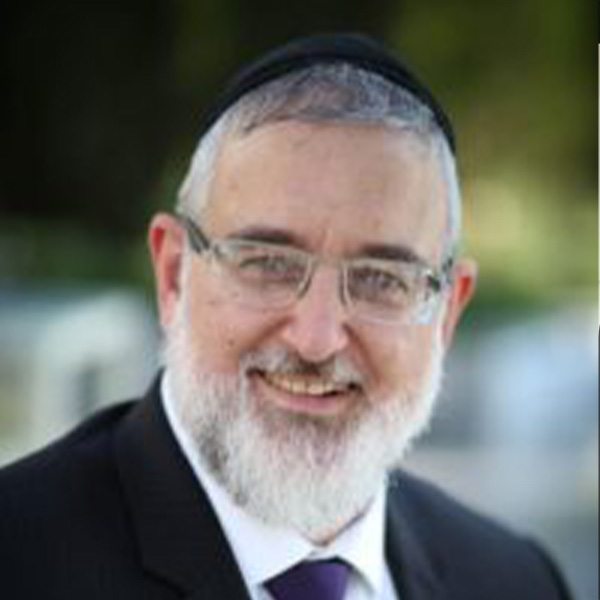
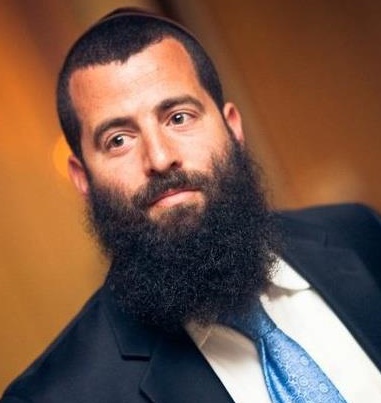
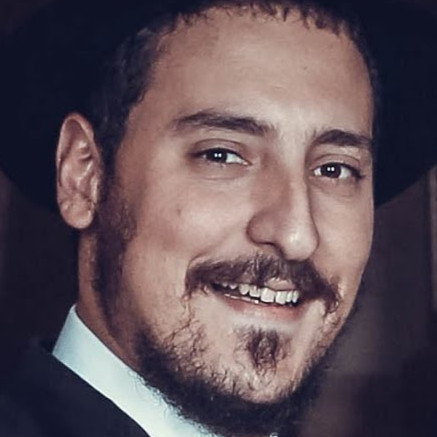
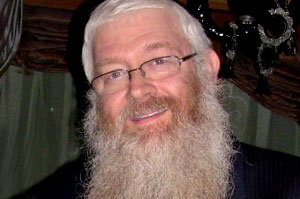
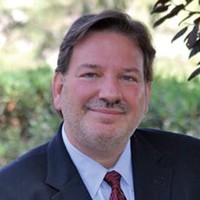
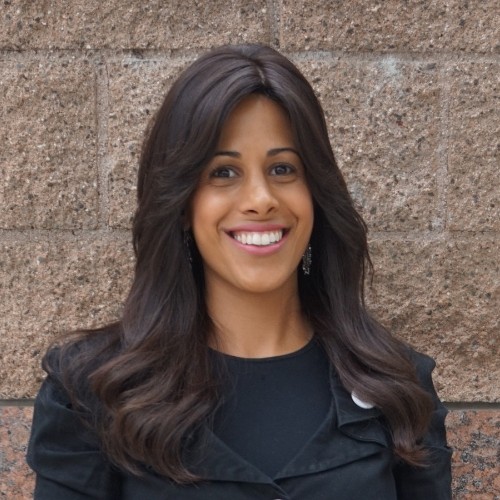
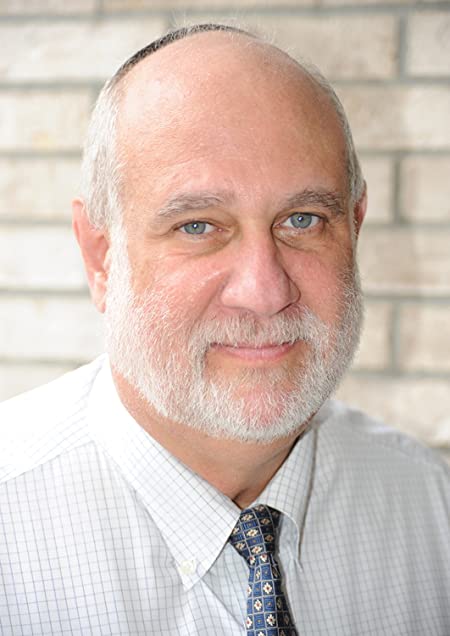
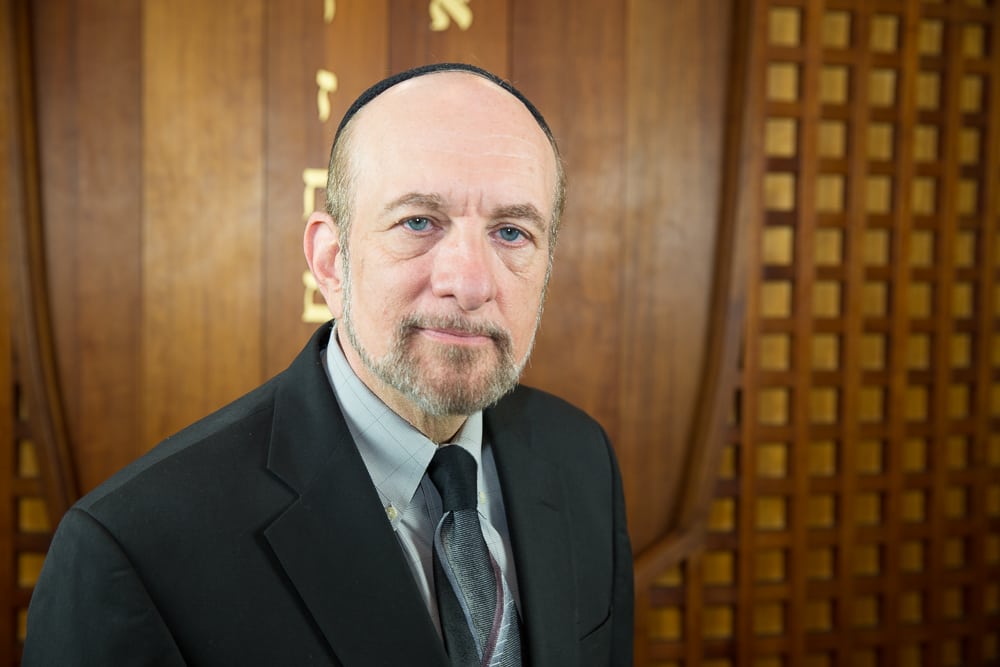
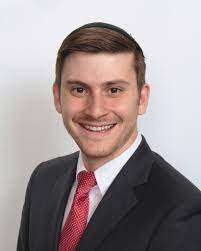
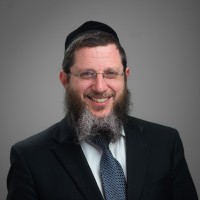
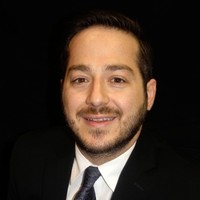
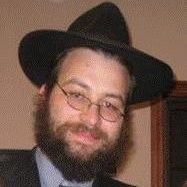
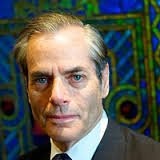
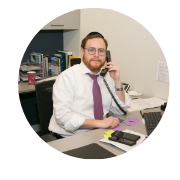
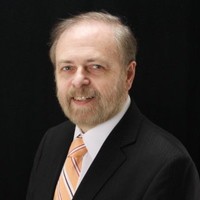
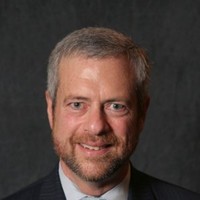
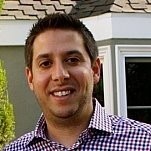
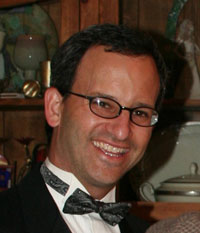
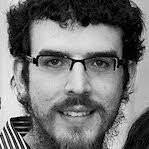

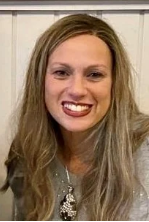
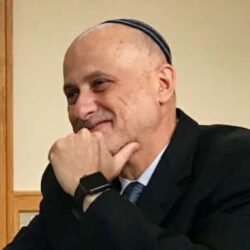
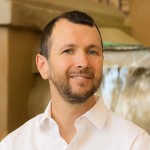
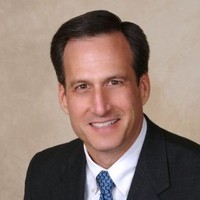
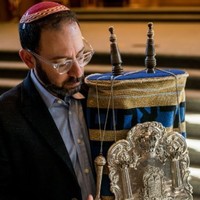
.jpg)
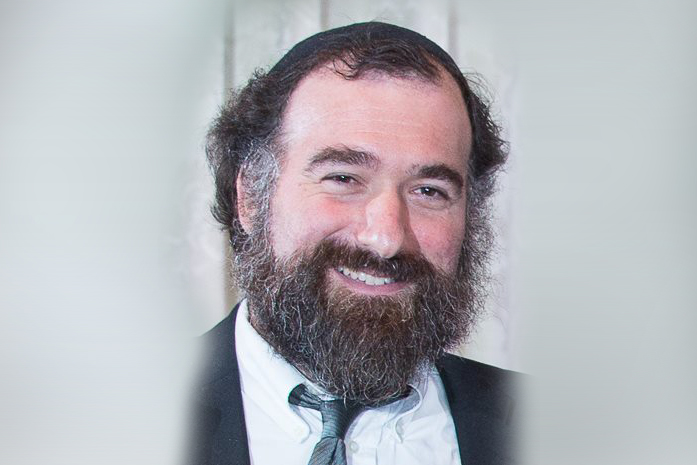
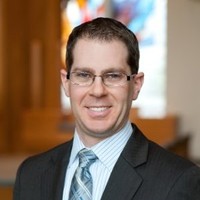
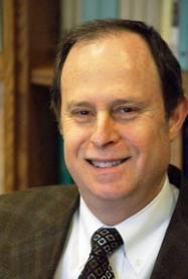

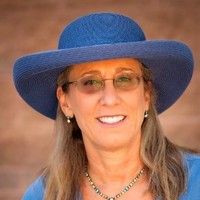
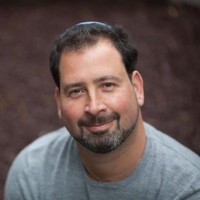
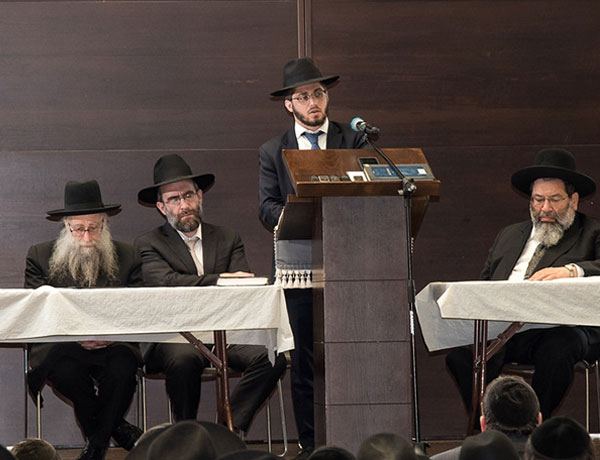
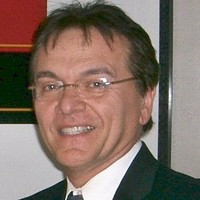
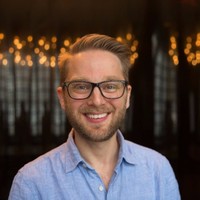
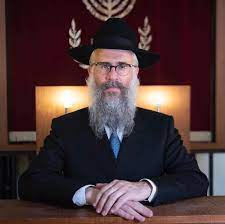
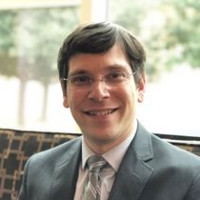
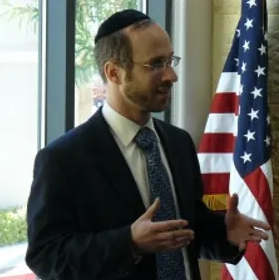
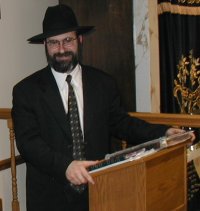
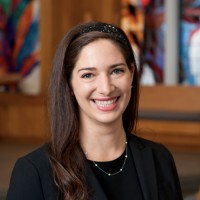
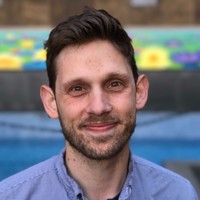
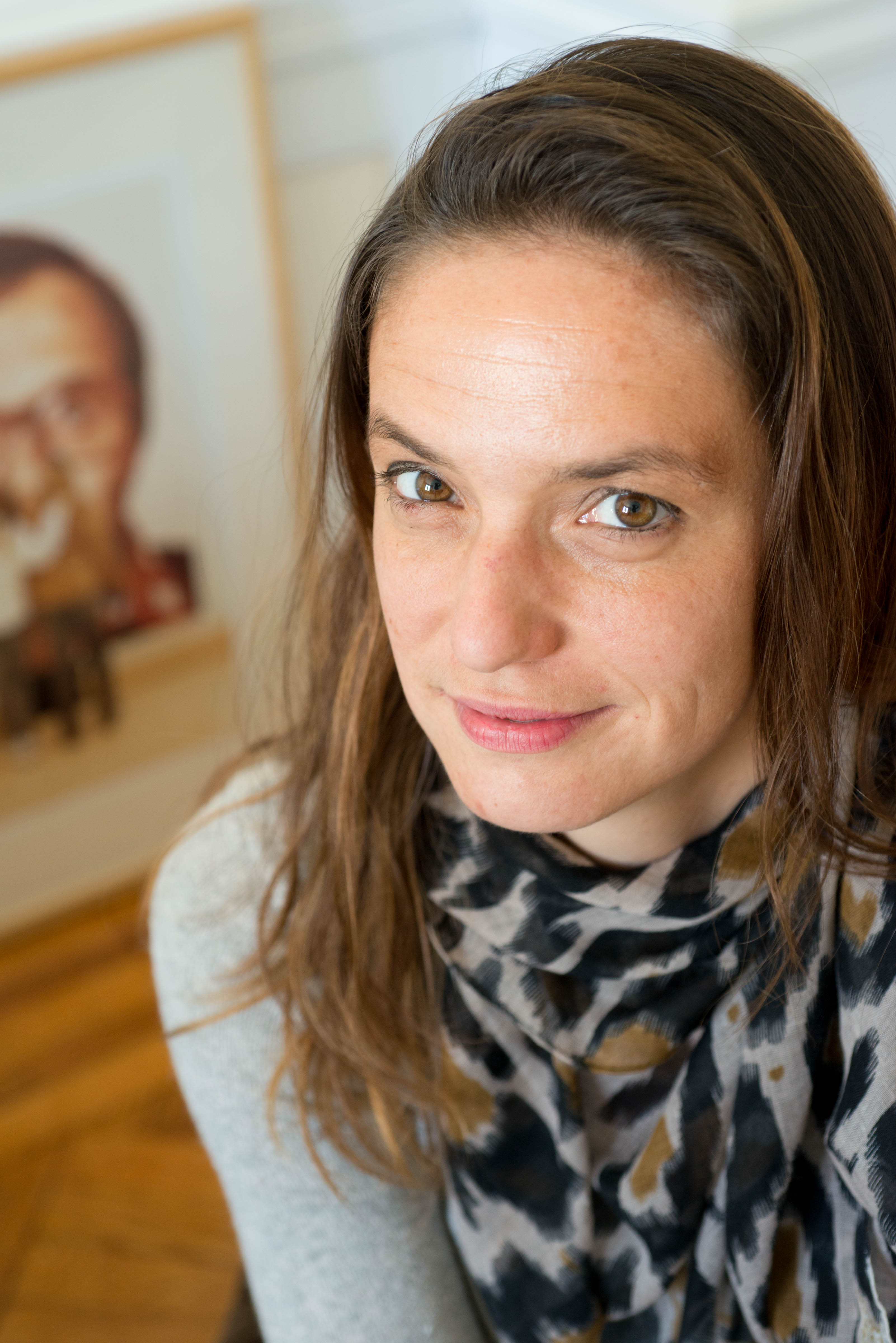
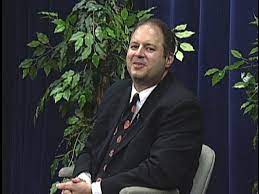
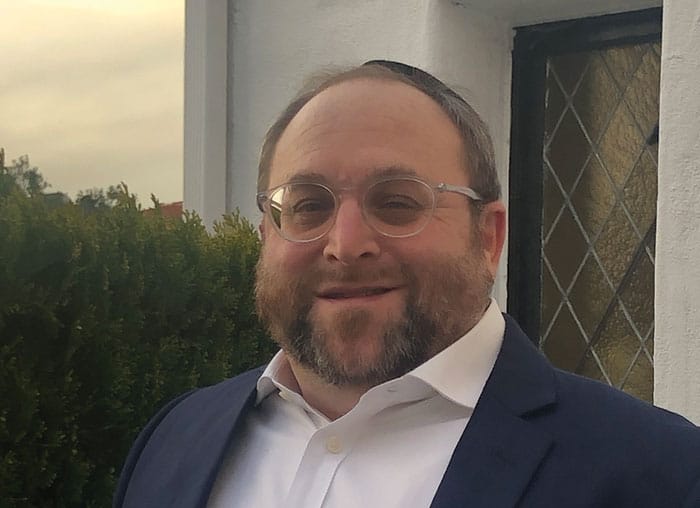
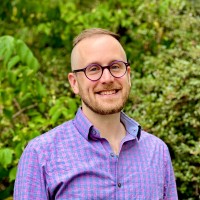
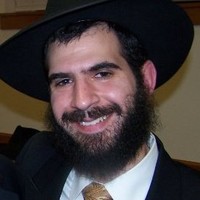
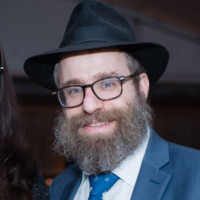
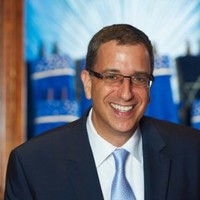
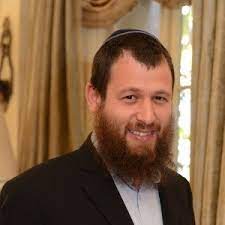
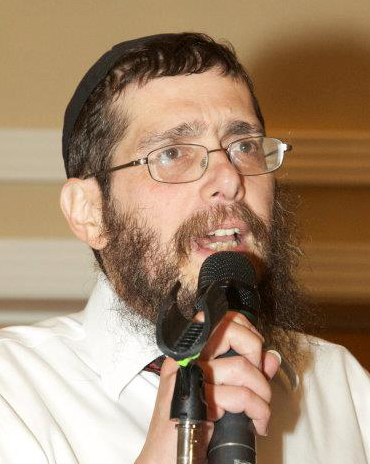
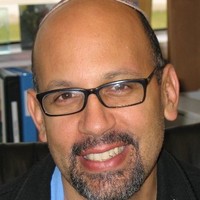
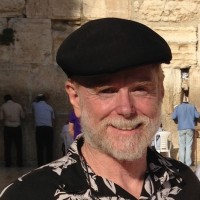
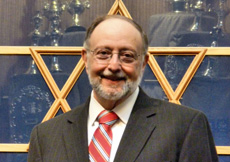
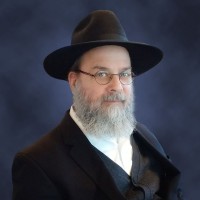
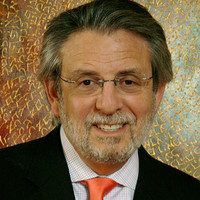
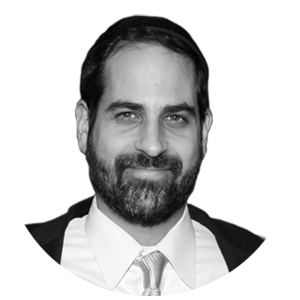
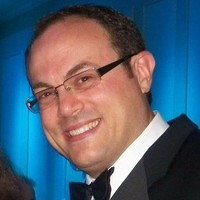
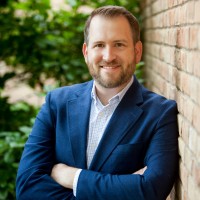
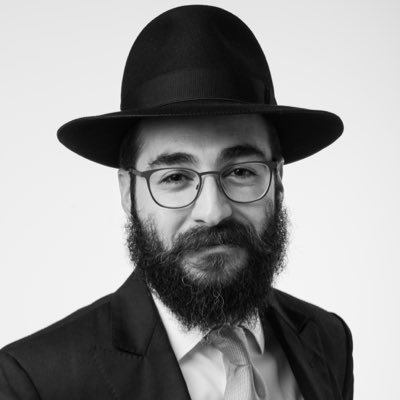
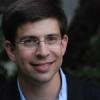
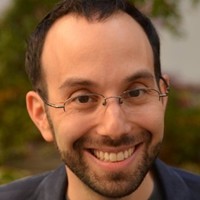
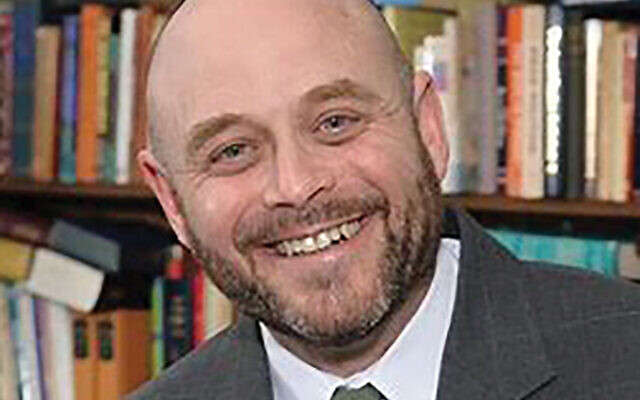
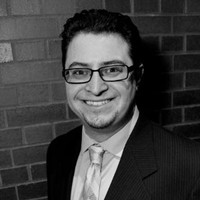
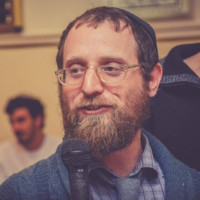
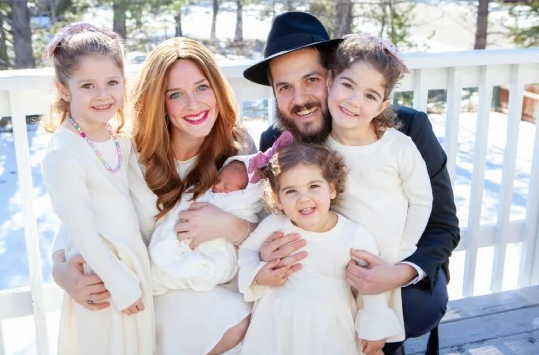
.jpg)
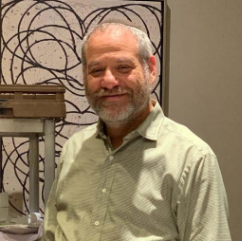
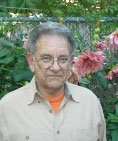
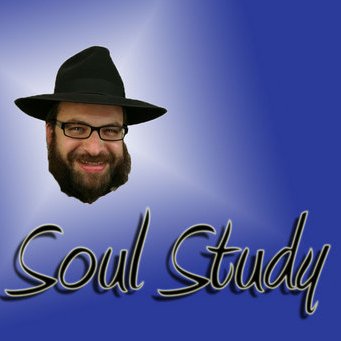
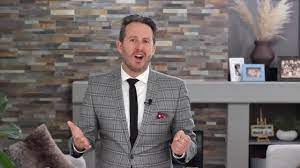

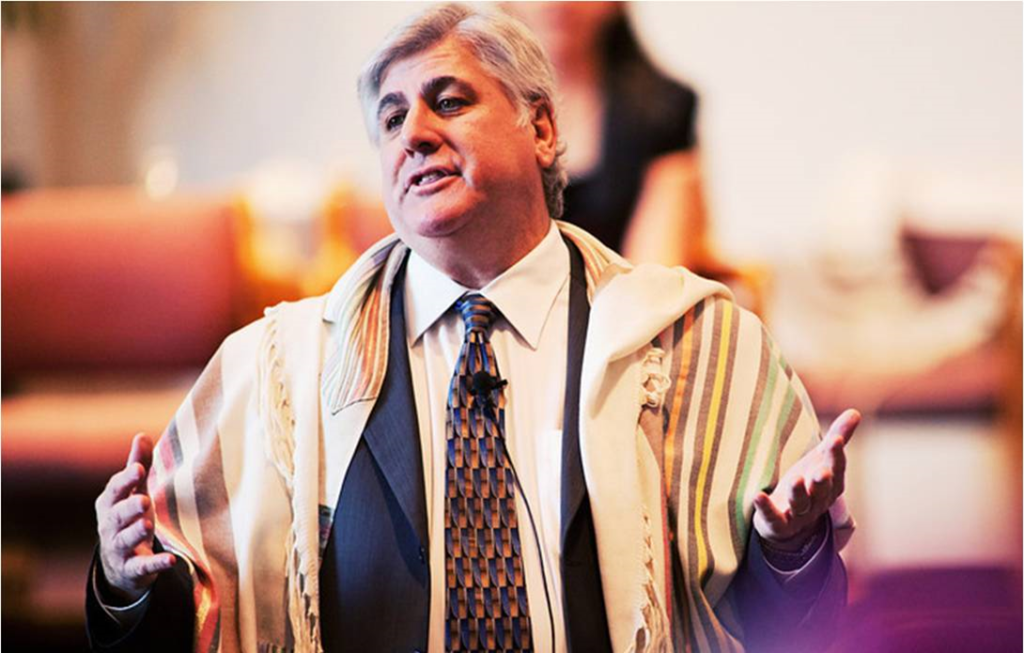
.jpg)
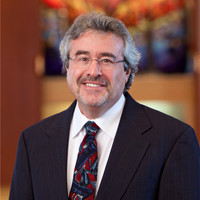
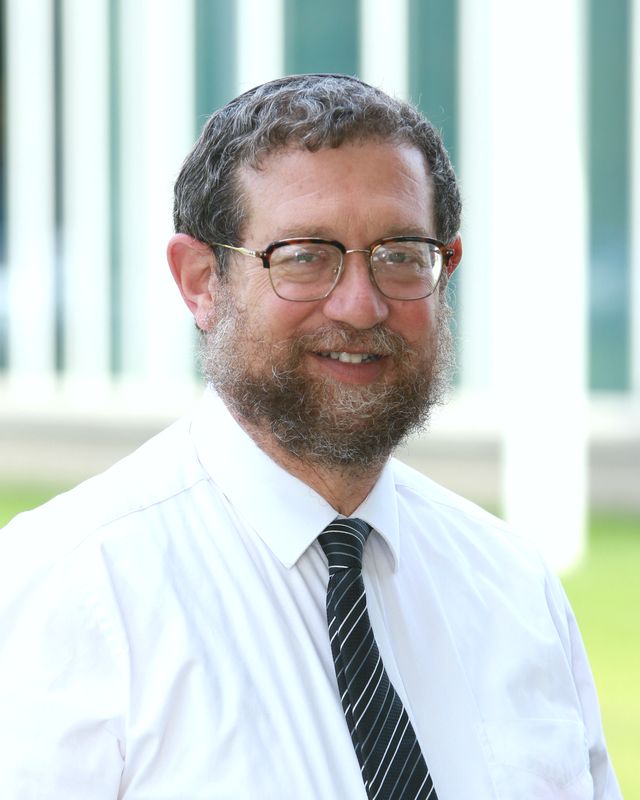
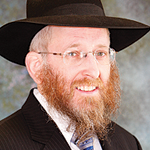
.jpg)
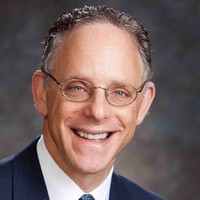
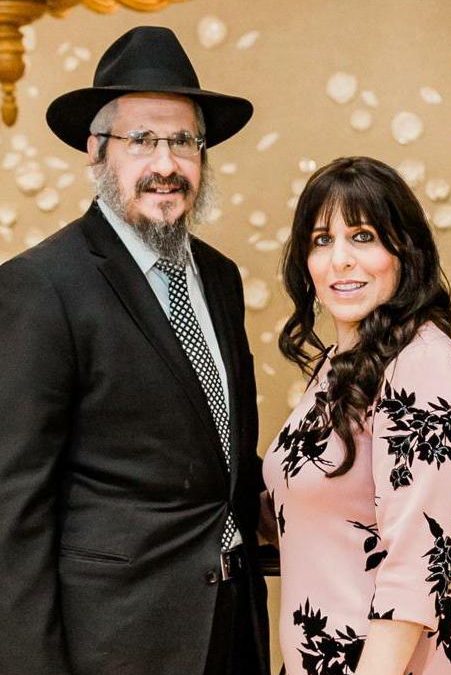
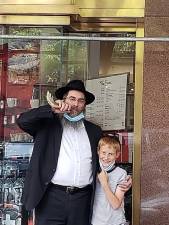
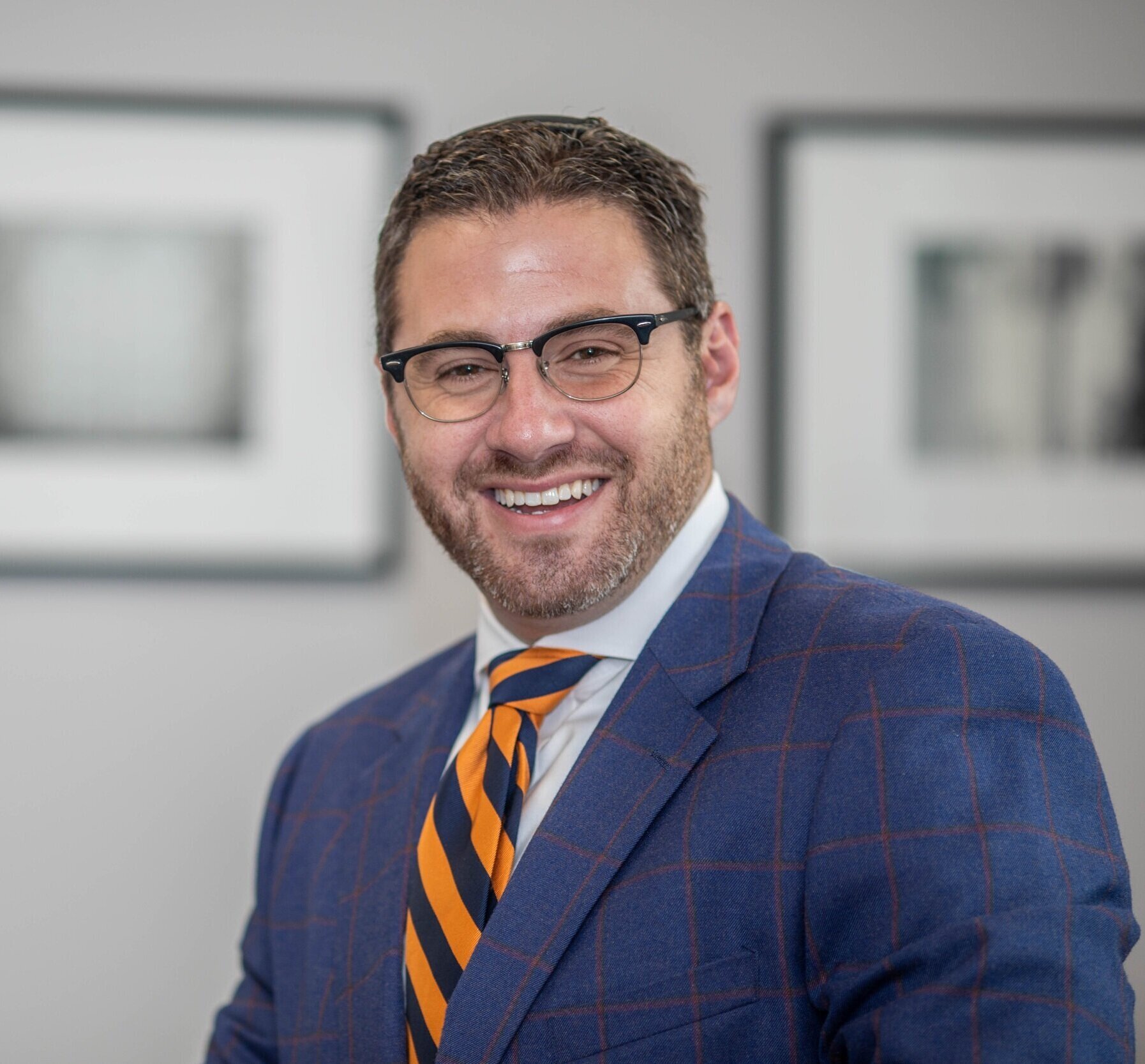
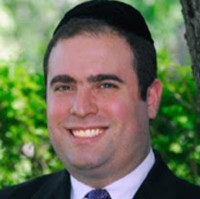
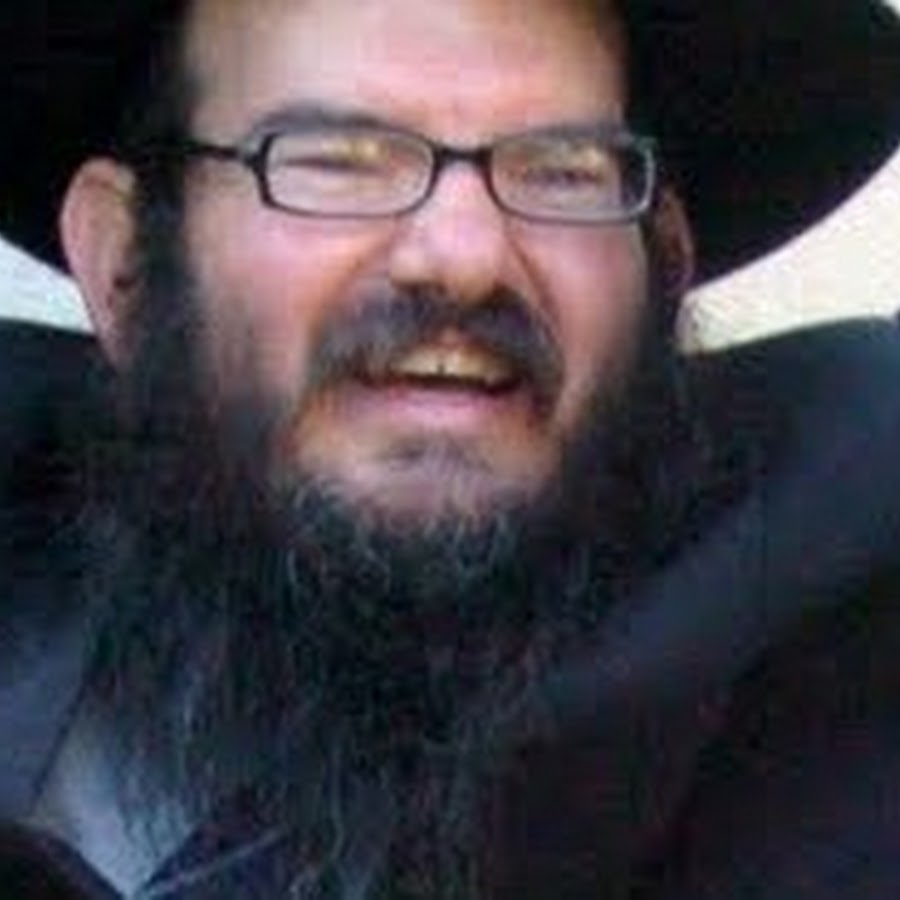
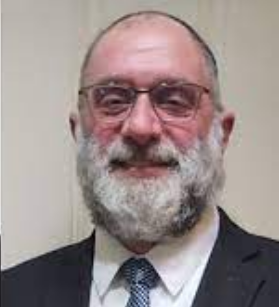
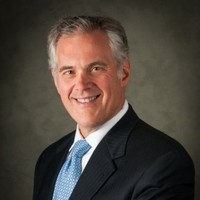
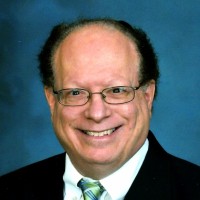
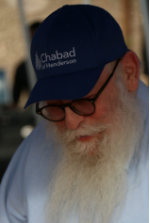
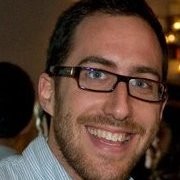
.jpg)
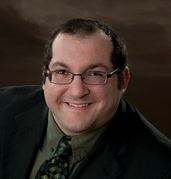
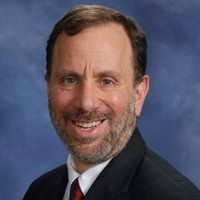
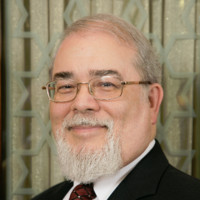
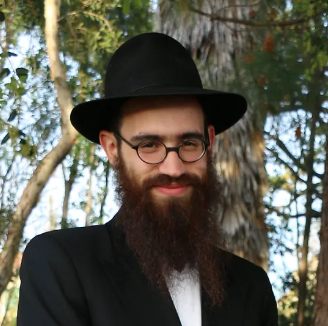
.jpg)
